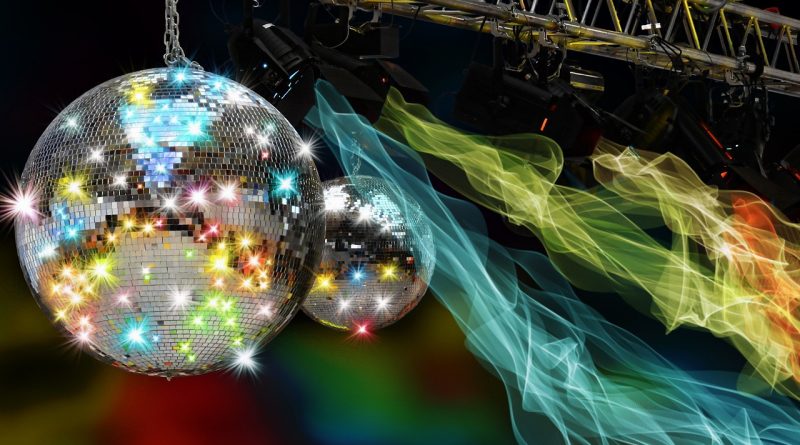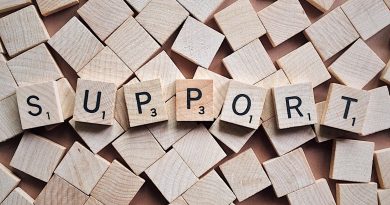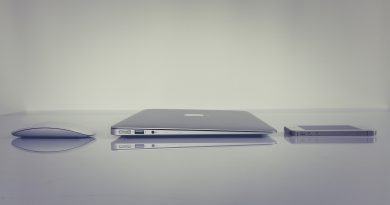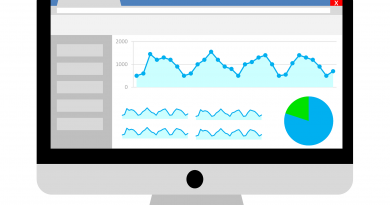Why you should run a discovery phase in your project
Why a good disco is more than just mirror balls & dancefloor fillers.
Of course, I’m not really talking about a ‘disco disco’ I’m talking about a Disco. You know, a ‘Discovery’. That bit of a project that’s often rushed, missed, not done due to cost, or dismissed due to assumptions.
A good discovery is vital to the project, its an opportunity to learn, understand, validate & then create a vision which can be executed.
Like decorating, professional painters will often spend 70% of the time on preparation before even getting their brushes out. So is the same with a complex digital or IT project.
The more complex the thing being done, the more important the discovery phase. I akin it to if you’ve ever done a job interview for a big 6 consultancy firm, you’ll often have a case study exercise as part of the interview process. You’ll be expected to listen to a problem, playback your understanding, use quantitative & qualitative information to support a recommendation, provide a recommendation using empirical evidence etc. Those broad facets are pretty much the same as part of a good project discovery.

Why Discoveries are often not done
That & a desire to make everything in-a-box one size fits all, discoveries are often seen as luxuries. There’s always pressure to ‘get to the end’ from the client, often there’s excitement to just ‘get cracking’ & subsequently the teams convince themselves they know enough to start & can figure out as they go. That can be a costly mistake.
So, let’s deep dive a little into the Discovery process, why do it & how I like to do it.
Keeping the client on track
The discovery is the perfect opportunity to playback what the client has asked for & then to validate the ask using information & data. At this point, you can interrogate whether the client is actually asking for the right thing or whether what’s been sold is fit for purpose. How many times has a client been charged for say a mobile application which plays a trumpet sound whenever anybody logs in, only to find when you do user research the user base of the customers application hate trumpets. You do do user research right? That leads me neatly onto…
User Research
Business owners, C level directorate & Entrepreneurs often think they know what their customers want more than their customers. Whilst this can be true its often not and a good user research phase will help get a picture of what the people using the product or service want, & why. This is vital, as a good digital product or service must serve the needs of the users first, not the business. That’s often a difficult message to land, so the discovery is an excellent opportunity to have that discussion using data to back up your recommendations.
Establishing value & outcomes along with goals & vision
For me, this is the most important. The question should always be WHY. WHY are we doing this? WHY do we think your users or customers want this. WHY should we do this. But I also like to ask WHAT. WHAT are the goals, WHAT are the success measures & finally, HOW. HOW will we know we’re done & HOW will we know we’ve been successful?
Value Proposition
Often massively overlooked because stakeholders can be laser focused on objectives driven around financials, nobody stops to ask what value the thing being built provides. Does the thing solve a problem, can we articulate the problem, is it a problem which needs to be solved? This ties massively into decent user research.
Broader Context
Its often no good doing something in isolation. Its here where I like to examine both internal & external factors such as cost & economics, maybe review what’s already out there as competitive services, the landscape, costs, user base etc? This broader information can provide a useful narrative to back up your decision making into ultimately what gets built.
Tools of the trade
There’s a couple of tool types that I’d really recommend & I absolutely suggest you consider tools or tools like them, to help your discoveries go well. Especially if you’re doing a remote discovery. Firstly, you need a collaboration tool. Something visual. Realistically no one is going to go through page after page of notes after the event, so use a tool like Miro. Miro is fantastic as it allows you to visually scribe notes which make sense. Virtual whiteboards, which are pleasing to swarm around for you, your team & the client, & time after time, often when I use a Miro board, coming back to the board days later, things still make sense.
The other thing is note taking itself. If your name is Mavis Beacon & you know your way around a keyboard quickly, running a session & taking notes maybe your jam, but for many it’s not. Now in this discovery I recorded all the sessions. But tools like Otter.ai which plug into your conference software & act as a pass through from your microphone allows you to capture everything. Now if you’re recording, often, in Microsoft Teams for example, it will auto annotate the video, but Otter.ai for a few pounds per month is still infinitely more powerful & flexible. Plus you only need to get permission once, recording is recording right, so with both a video session recording & an Otter.ai auto-transcription, you’ll be able to go back & look through all the audio notes which can be immensely useful.
Despite using technology, don’t under value a good quality note taker by someone who understands the subject matter & can type fast.
Preparing your disco audience
Let your disco-subjects know what’s happening prior to the discovery. In my remote first example, we had to set up lots of micro sessions in Teams & I avoided people just rocking up for a random Q&A by ensuring everyone knew the purpose of that particular session. There was always a main goal or key theme we wanted to establish & we made that clear from the outset. That way, we could ensure the right people with the right knowledge were on the right call.
Communicate with people too – in a remote virtual disco, you need to be an effective MC, doorman, administrator & listener. It was helpful for me to pause the session periodically so we could play back sessions in a ‘so you said, & we heard’ summary type affair. That way, we actively demonstrated we listened & understood, but also it was an opportunity for us to summarise our notes. We also finished each session with a news-reader style ‘here’s a summary of the session’.
In Summary
- Understand the information you’re trying to obtain from the discovery
- Ensure you have the right audience in the room or on the phone to answer the questions you may have
- Adequately record & take notes of each session & periodically playback what you’ve heard to demonstrate understanding.
- Apply the right level of information capture for the project.
- Do a discovery, in the vain of measure twice cut once, learning as-you-go often comes with huge risks but if you can devote some time up front to learn more you’re project is more likely to go well
- Use the information to validate further. Constantly validate & test what you know in a true scientific style hypotheses driven approach.




